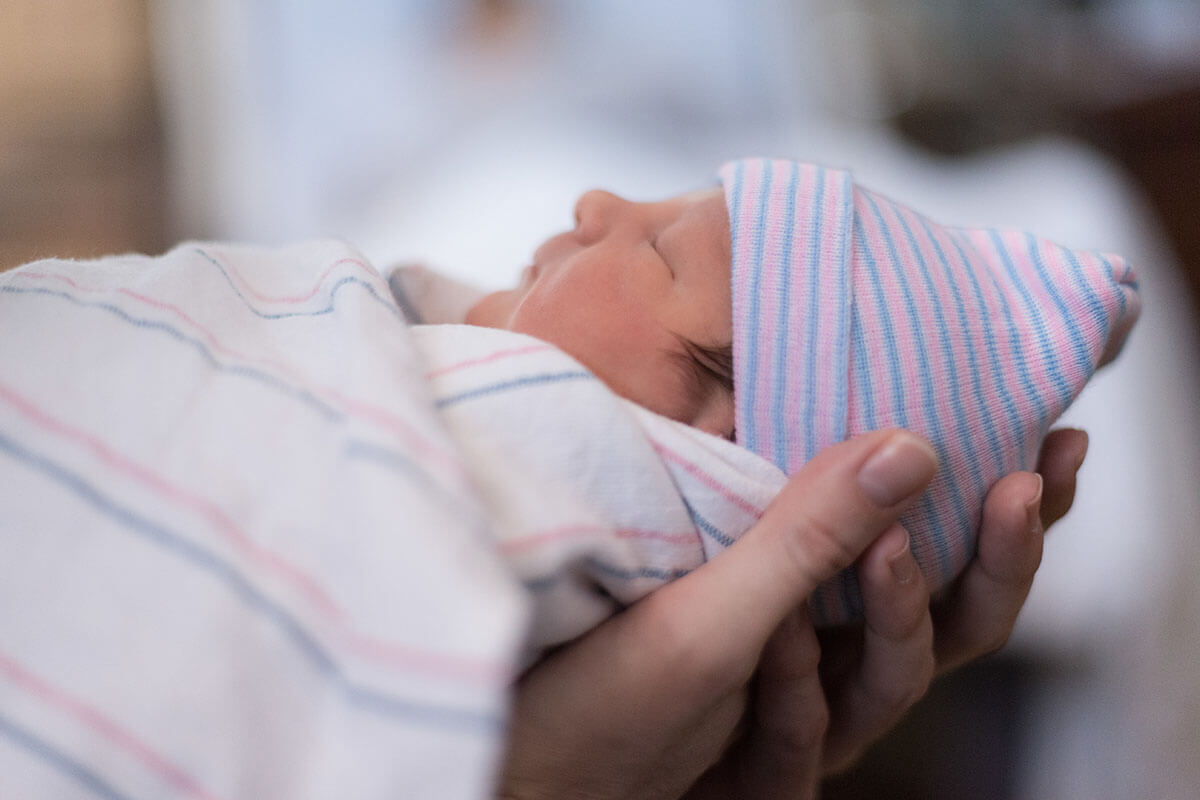Newborn babies are already social creatures. These little babies already prefer and are interested in other people's faces. They can even already respond to voices. A baby imitates simple facial expressions and gestures, such as opening mouth. For the first 3 months, a child is in the symbiotic phase.
Merge
The symbiotic phase: in this phase a baby is fused with his parents and often especially with the mother. The baby especially wants to cuddle with its mother and father. It has a strong need for that. The baby wants to feel warmth and security all the time. Scientists say that a child forms a feeling unit with the mother and with the father. The baby wants to be satisfied sensually and, for example, eat when it wants to eat, pee and defecate when it wants to pee and defecate. This stage is very important because the child wants to feel warmth and security, but cannot yet distinguish between itself and others. So this security and warmth the child wants from the parents. In this phase a foundation is laid for feeling safe with oneself and with others. The baby goes through the first steps in the so-called sensorimotor stage. The baby experiences the world by moving and using its senses. The baby's life at this stage revolves mainly around himself. Simple reflexes such as sucking are central in the first month. The normal symbiotic stage lasts approximately until the fifth month. During the first few months, the baby cannot distinguish between itself and the outside world. Thus, the baby cannot distinguish between itself and its mother (and father). In the first stage, the baby slowly begins to gain a little more clarity that there is a difference between herself/himself and the world outside the safe cocoon of herself and his mother/father. But the mother (and the father) remain the focal point and the safe benchmark to begin to orient himself a little more.
Milestones in the first month
The baby grows between 2.5 and 3 centimeters in the first month. At first a child loses some weight after birth; this is normal, then around 2 weeks the baby is back to its birth weight. In the first month a baby usually gains around 1.5 kilograms. So the baby is growing tremendously. The baby does not yet have much strength in its neck. The arms and legs still move somewhat jerkily. The baby shows a sucking reflex, such as when you put your finger in his mouth. He sleeps about 16 hours a day. The baby cannot see much yet, only things at a distance of about 20-30 cm. Within two weeks, the remaining stump of the umbilical cord falls off. The baby likes faces and likes to stare at parents for long periods of time. Babies also like to hear parents' voices (because they heard them in the womb, too).
Can I trust the world?
According to psychologist Erik Erickson, the first two years lay the foundation for basic trust in life, in others and in the world. When parents are able to properly meet the baby's needs, the child gains a solid foundation. A child gains a strong sense of trust in others, but therefore also in himself. The child relies heavily on parents to be nurtured and reassured. The building blocks of the sense of trust are warmth, regularity and a good dose of love and affection. If parents are not sufficiently able to establish a firm and secure environment, a child's development is at risk. Babies become frustrated or withdraw. And without being able to put words to it, they develop a lack of self-confidence. If parents are not sufficiently able to provide basic confidence, the foundation is laid for the child to feel that the world is unpredictable and even dangerous. It should be added that if at times a child's needs are not met and the environment is not completely safe, of course this is not a problem. Children are thus also prepared for a world that is not always safe.

